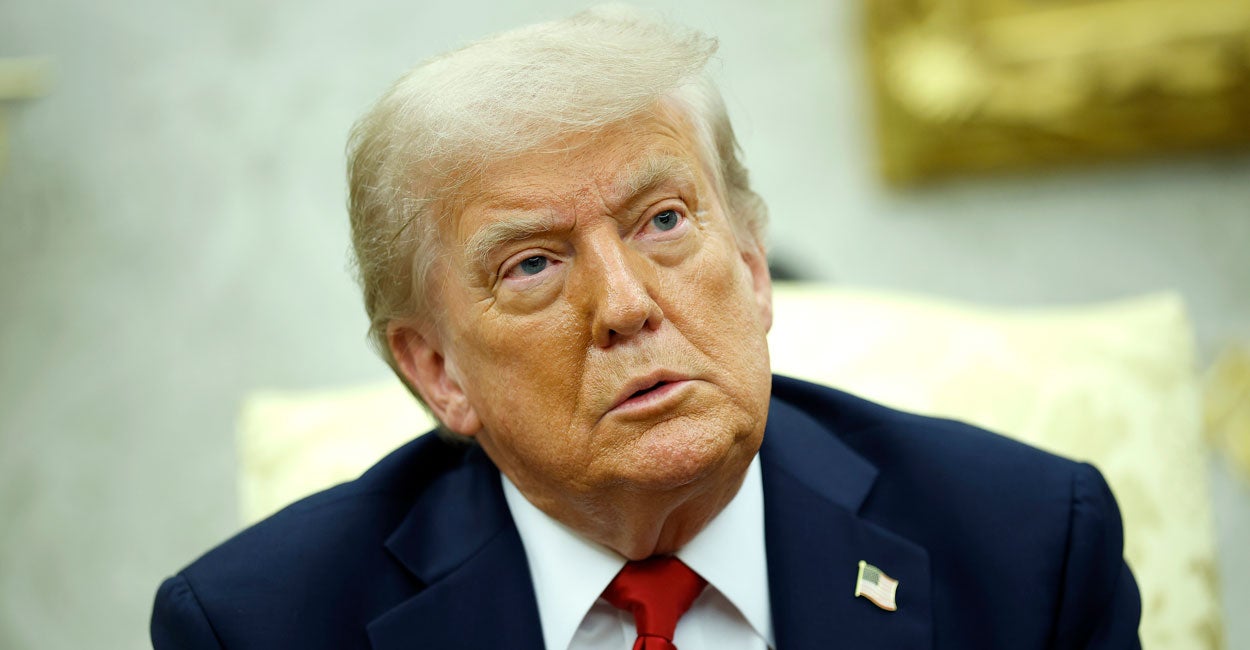GOP Finance Leader Questions Trump's Authority to Dismiss Powell: A Blow to Potential Fed Overhaul?

The possibility of former President Donald Trump dismissing Federal Reserve Chairman Jerome Powell has been a recurring topic, particularly as the 2024 election nears. However, a leading Republican voice is casting doubt on Trump's ability to actually carry out such a move. Senator Chuck Grassley, the ranking member of the Senate Finance Committee, stated emphatically that he “doesn’t believe” Trump possesses the authority to fire Powell, adding another layer of complexity to the ongoing debate.
This statement comes amidst growing speculation about potential changes at the Federal Reserve should Trump return to office. Trump has repeatedly criticized Powell’s monetary policy, particularly the Fed’s interest rate hikes aimed at curbing inflation. He has publicly suggested he would replace Powell with someone more aligned with his economic views. However, the legal framework surrounding the Fed Chair's tenure—a seven-year term—has always presented a significant hurdle.
Grassley’s comments are particularly noteworthy given his seniority and influence within the Republican party. As the ranking member of the Finance Committee, he wields considerable power in shaping economic policy. His skepticism about Trump's ability to fire Powell signals a potential internal division within the party regarding the appropriate role of the presidency in influencing the Federal Reserve's independence.
The controversy is further fueled by recent remarks from Senior White House Counselor Peter Navarro, who, speaking at an event hosted by The Hill and NewsNation, delivered a scathing critique of Powell, labeling him the “worst fed chairman” in history. Navarro's harsh words underscore the depth of dissatisfaction within certain circles of the Trump administration regarding the Fed's actions.
The Legal Grey Area
The legal authority to remove a Federal Reserve Chairman is a complex and somewhat ambiguous area. While the Federal Reserve Act outlines the process for appointing the Chair, it is less clear on the grounds and procedures for dismissal. Historically, presidents have refrained from attempting to remove Fed Chairs mid-term, largely due to concerns about undermining the institution's independence and potentially triggering financial instability.
Legal scholars have debated the issue extensively, with varying interpretations of the Act. Some argue that the president could remove the Chair for cause, such as malfeasance or incompetence. Others maintain that the Chair’s term is effectively insulated from presidential interference. Grassley’s assertion aligns with the latter view, suggesting he believes Trump would face significant legal challenges if he attempted to remove Powell.
Implications for Monetary Policy and the 2024 Election
The debate over Powell’s future has significant implications for monetary policy. A change in leadership at the Fed could signal a shift in direction, potentially impacting interest rates, inflation, and overall economic growth. Trump's repeated criticisms of Powell and his desire to appoint a more compliant chair suggest he would favor policies that stimulate economic activity, even if it means potentially risking inflation.
Furthermore, the issue is likely to become a prominent feature of the 2024 election campaign. Trump’s stance on the Federal Reserve and his willingness to challenge its independence will undoubtedly be a key point of contention, particularly as voters weigh the economic consequences of his potential return to office. Grassley’s comments add another layer to this discussion, highlighting the potential legal and political obstacles Trump would face in attempting to reshape the Federal Reserve.
Ultimately, the question of whether Trump can fire Powell remains a complex and uncertain one. Grassley’s skepticism, coupled with the ongoing legal debate, suggests that such a move would be fraught with challenges and could have far-reaching consequences for the U.S. economy and the Federal Reserve's role in it.





